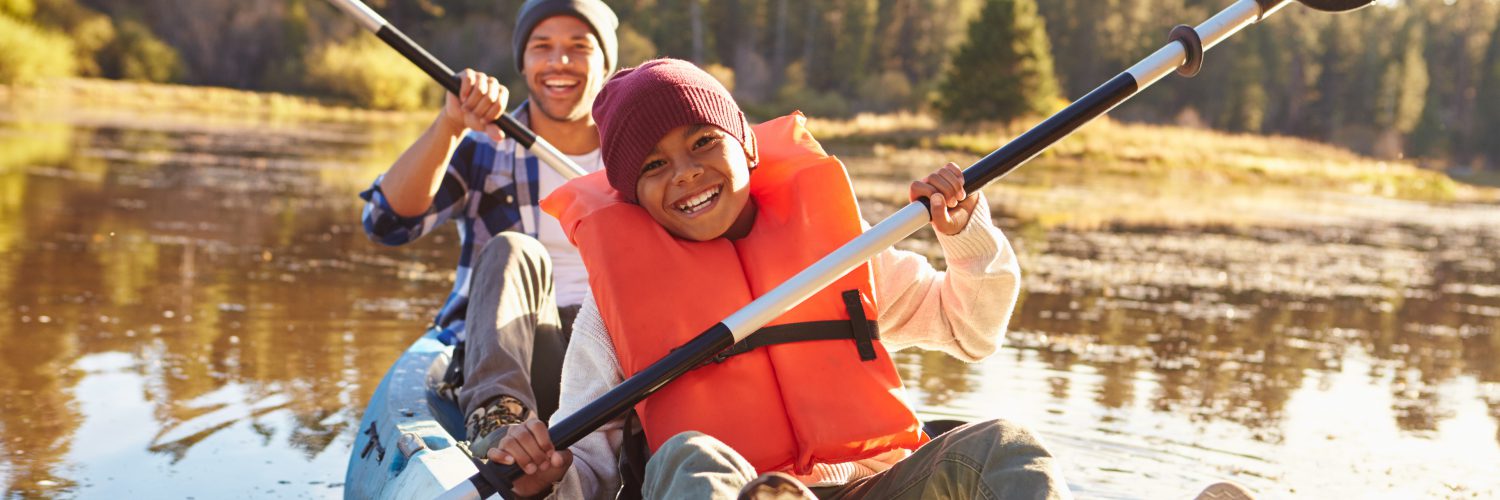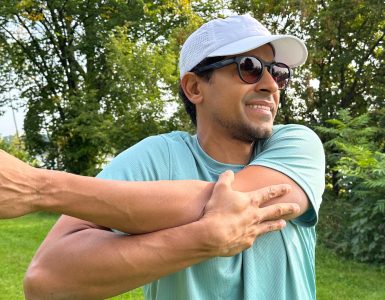Nobody wants to sit in the ER on a summer day or during a much-anticipated vacation with a blistering sunburn or some other mishap that could have been prevented with a little precaution. You may already know to always buckle up when getting in your car, never text while driving, take along a backup cell phone battery and to let someone know when you’re heading out for a long journey or going out on the open water. But whether you stay close to home or are headed for a more far-flung outing, here are a few more reminders to help you stay safe this summer.
Don’t venture into the sun without protecting yourself. Even if the sky looks a little overcast, be sure to slather on a water-resistant sunscreen with an SPF of at least 30 about a half hour before going outside. Reapply often if you’re sweating or swimming. For extra protection, wear a wide-brimmed hat and wrap-around sunglasses to protect your eyes. Head for the shade during periods of intense heat and sun such as between the hours of 12 and 3 PM.
Take along water on any outdoor outing. Hydrate often, whether or not you feel thirsty. Even on a moderate day, a hike in a very dry climate, for example, can dehydrate you quickly.
Protect against poisonous plants. Wear protective clothing like long pants and shirts with long sleeves if you’re planning to hike in the woods, do yard work, or camp. If you think you may have been exposed to poison ivy or poison oak, immediately wash your skin and all clothing worn to try and remove the oil before it can cause a reaction.
Stop bug bites and stings. Wear long sleeves and long pants, socks (tucked into your pants) and use bug spray on clothing and exposed skin. Choose a registered repellent listed on this tool from the Environmental Protection Agency (EPA) that includes products with any of the following as active ingredients – DEET, picaridin, IR3535 or plant-based oil of lemon eucalyptus. After spending time outdoors, thoroughly check over your entire body for ticks – especially behind your knees, in armpits, and behind your ears. Removing ticks carefully with a tweezer within a few hours can ensure they haven’t had a chance to pass on any bacteria that causes disease.
Wear properly-fitting protective gear. This means the right size bike helmet and personal flotation device (PFD, or life preserver) — even if you think you are a great swimmer! Test if your PFD is secured correctly by raising your arms up and having someone attempt to slide it over your head. The PFD should barely move as they attempt to do this.
Beware of drinking and boating. More boating accidents are caused from overconsumption of alcoholic beverages than from any other cause.
Heading for a swim? Watch the weather! Remember, always get out of the water and seek shelter if there is thunder or lightning.
Road trip? Don’t drive when drowsy. Sleep deprivation can lead to unintentional “micro-sleeps” of 4-5 seconds. In that time, at 55 mph, you can travel 100 feet, according to AAA. Only sleep will remedy the situation. Remember that while driving, whether a long road trip or a shorter journey, if you can’t stop yawning or don’t remember driving the last few miles, switch drivers. Or, if you can, pull off the road and take a 20-minute nap, followed by a brisk walk.
Be safe at night. Make sure if you are walking or biking at night that you have reflective strips on your clothing as well as a flashing light on your bike. Stick to familiar routes.
Grill safely. Always keep your grill outdoors and at a safe distance from your house or deck, and away from any awnings, railings, or overhanging branches. Never leave your grill unattended when in use. Follow these tips:
- For gas grilling: Make sure that the gas grill vents away from your house–even with the grill lid closed, there can be an immense amount of heat build-up that can warp siding, damage glass and even cause a fire. If you smell gas while cooking, immediately get away from your grill and call the fire department.
- For propane grills: Check the gas tank hose for leaks before using it for the first time each year. Apply a light soap and water solution to the hose—a propane leak will release bubbles. If you believe your grill has a gas leak, detected by smell or the soapy bubble test, and there is no flame, turn off the gas tank and grill and have it serviced by a professional before using it again.
- For charcoal grills: Charcoal chimneys allow you to start the charcoal using newspaper as a fuel. If you use a starter fluid, use only charcoal starter fluid and never add charcoal fluid or any other flammable liquids to the fire. Always remember to let the coals completely cool before disposing in a metal container.



